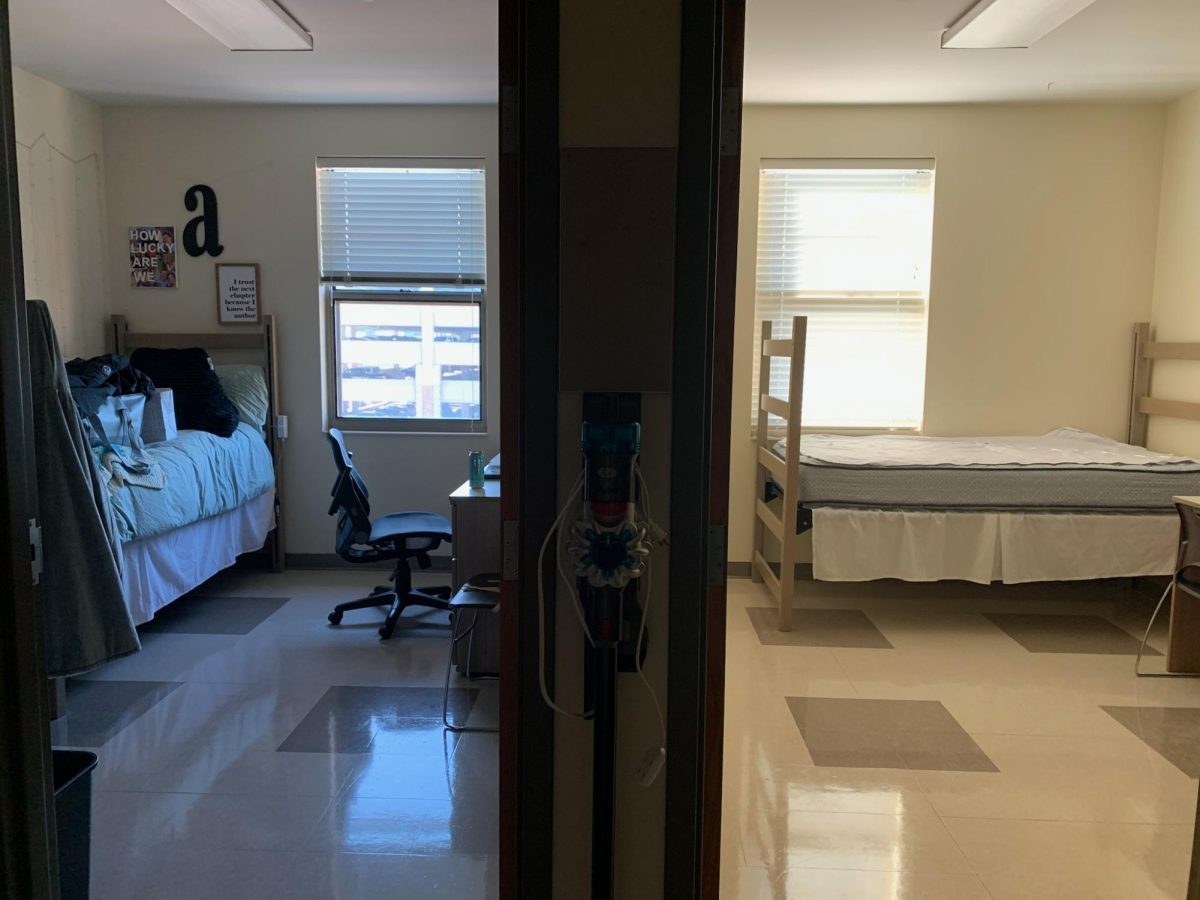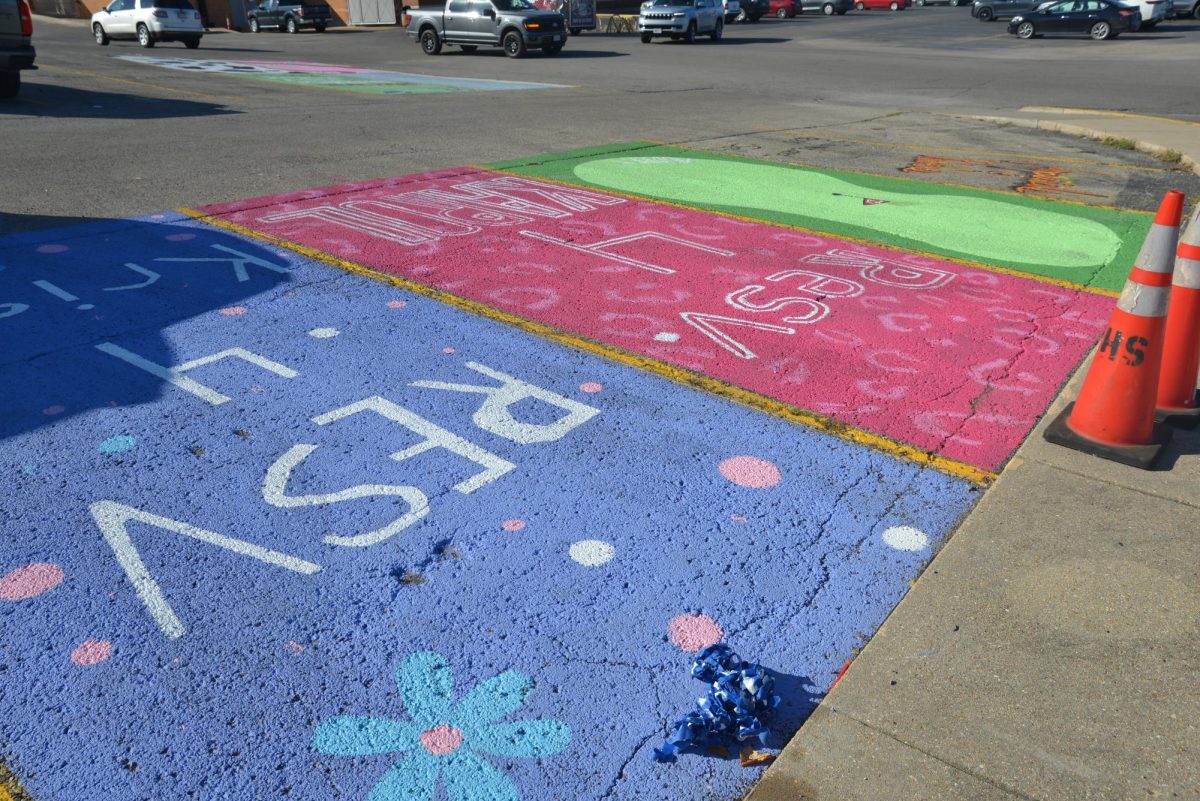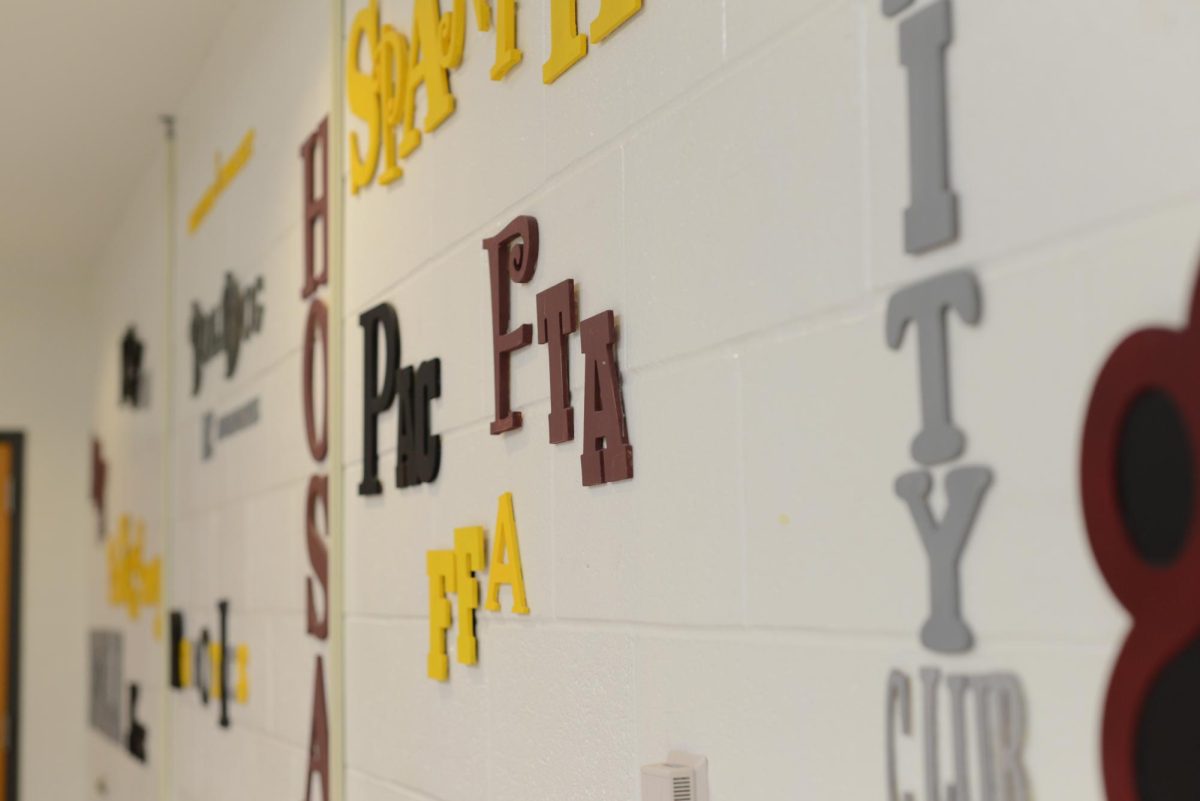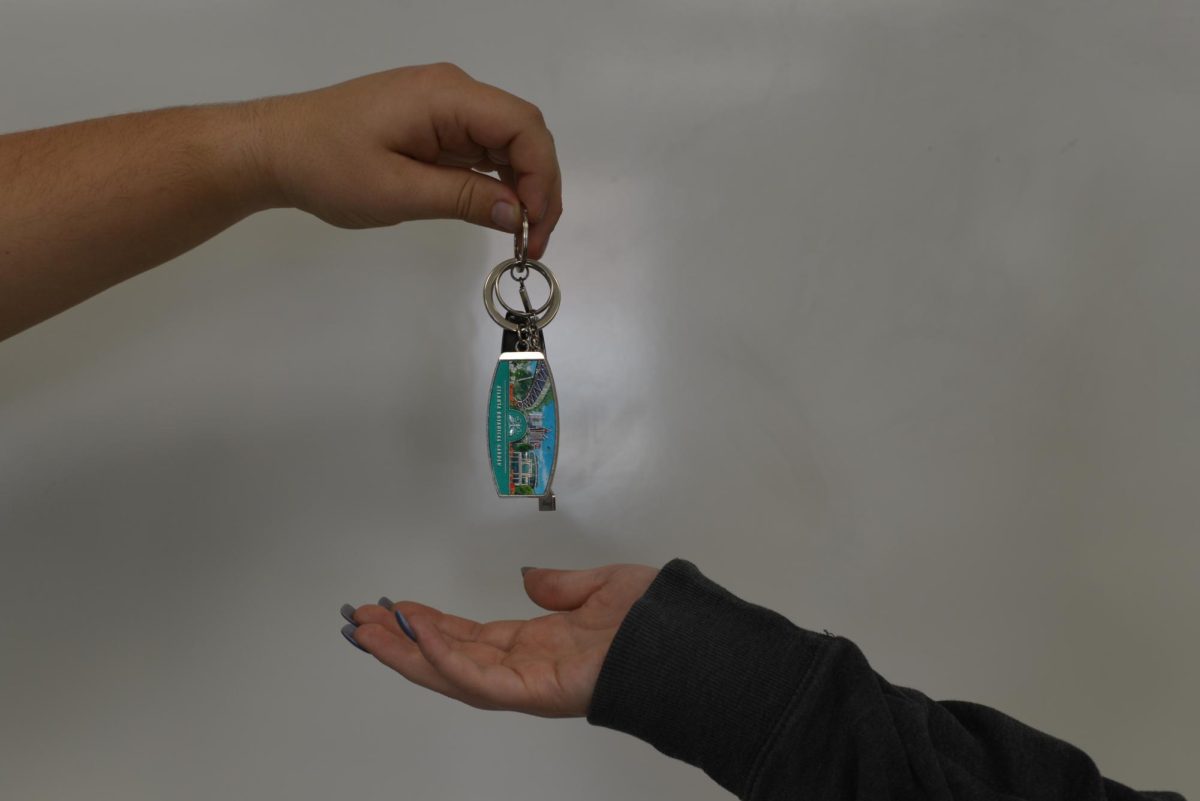Homeschooling is a somewhat popular option for modern parents to educate their kids in their own homes under a varied curriculum. An array of societal stereotypes surrounds the common yet mysterious variation of learning.
One of the more usual conceptions of homeschooled children is that they are academically superior to public schooled children.
“Although I don’t think you must be homeschooled to intellectually excel, I think in general that being homeschooled will advance you sooner for reasons such as having closer one-on-one explanations when you need help, [and] being able work at your own pace, whether that means slowing down or speeding up. I have talked to public schooled friends in my grade and when we talk about school subjects, a lot of things they are learning now I have learned a year or two earlier,” homeschooled senior Ethan Lane said.
While homeschooling offers certain advantages to education, it could more depend on the person being taught rather than the way they are taught.
“No matter what you do or where you are, you get out of life exactly what you put into it. I don’t think I would be in any different of an intellectual state if I went to public school,” homeschooled senior Ian Bellue said.
Public schooling offers social interaction among peers from a variation of age groups. As homeschooling lacks this daily interaction, a common misconception is that they don’t socialize.
“Homeschooling provides a whole different array of socializing and it’s really hard to say whether it’s held me back [socially]. On one side, I don’t go to school every day and I believe that it results in an overall total of less social time that the average public schooled guy or girl. However, that gives me a desire to search for social time, which most people don’t do,” Bellue said.
While they don’t get to socialize at school, homeschoolers find town events and popular hangouts to intermingle with other people their age.
“I interact with people my age a lot at my church and in my youth group. I am an extremely social and friendly person, I will talk to anyone. I meet new people almost every day. I’ve met friends at high school sporting events, I meet my friends’ friends, and their friends; it’s like a never-ending line of friends. I thrive socially,” Lane said.
Despite the fact that homeschoolers have several opportunities to meet new people and make friends, they are stereotyped as socially awkward.
“Just because homeschoolers stay at home and don’t socialize as much as public-schoolers doesn’t mean they are socially awkward. It really depends on what kind of personality you have [and] how you are. Anyone, homeschooled or public schooled, could be socially awkward,” homeschooled senior Joslyn Chasteen said.
One might think parents choose to educate their teens at home for the sole purpose of sheltering them from the inappropriate behavior or danger of peers.
“It all really depends on the kind of parenting they are getting. I feel like a lot of parents teach their kids at home to protect from certain things, but then other parents don’t even care what their kids do,” Chasteen said.
Even though they miss out on the social experience of public schooling, most homeschooled teens wouldn’t change their method of education.
“Being homeschooled allows me the time to have a good job during the day and I can do my school when I get off. I love homeschool, and would never go to public school of I had the choice,” Lane said.
The vast amount of stereotypes regarding homeschooling cannot be proven because each one has their own personality, lifestyle and views.
“I’ve heard that homeschooled kids can be weird, smart, not smart, awkward, have a lack of style, etc. My opinion is that stereotyping is overrated. Everyone is different; they are who they are. Labels shouldn’t be needed,” Chasteen said.








